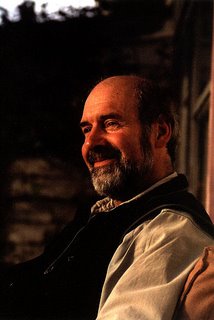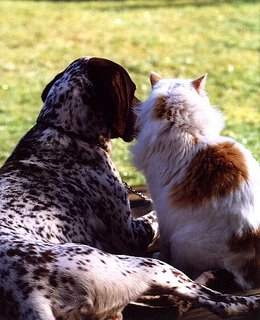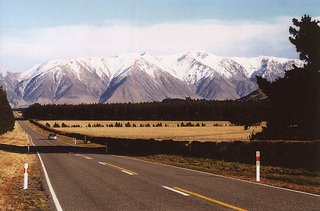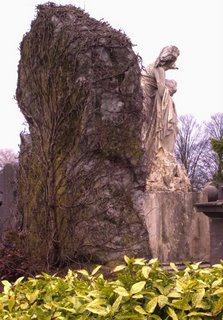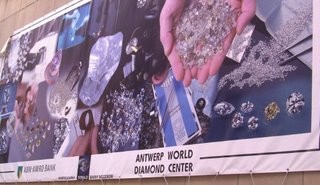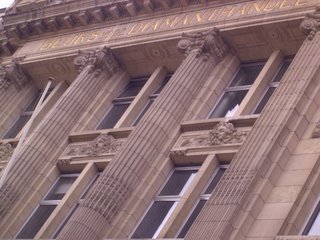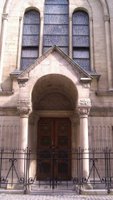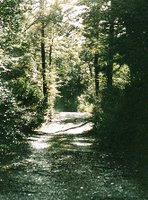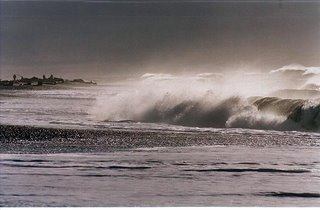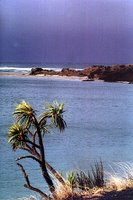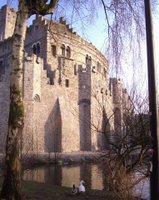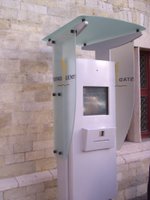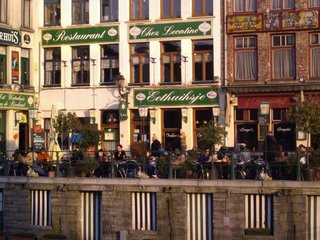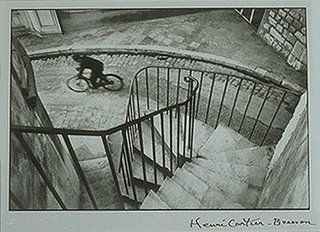I received a Dart Center Newsletter today and am so envious of anyone who can actually attend this symposia; envious but sharing anyway.
Follow the link for further information about the
Dart Center , suffice to say, it's
a global network of journalists, journalism educators and health professionals dedicated to improving media coverage of trauma, conflict and tragedy. The Center also addresses the consequences of such coverage for those working in journalism.WASHINGTON, D.C.—Academy Award-nominated films "GOOD NIGHT, AND GOOD LUCK (Best Picture) and WAR PHOTOGRAPHER (Best Documentary Feature) highlight three days of films depicting the world of journalism at American University's School of Communication Reel Journalism Screenings & Symposia, March 23-25 at the Greenberg and Wechsler Theatres.
Other Screenings include the Washington, DC premiere of DEMOCRACY ON DEADLINE: THE GLOBAL STRUGGLE FOR AN INDEPENDENT PRESS and a sneak preview of DATELINE AFGANISTAN: REPORTING THE FORGOTTEN WAR.
Panel discussions to explore and explain how journalists work, demystify the news business and discuss the important role of journalism in society as a whole will follow each film. Panelists will include Dart Center field director Bruce Shapiro and Ochberg Fellows Lori Grinker, photojournalist and author of AFTERWAR: Veterans from a World of Conflict, and Scott Wallace, television producer and photojournalist.
Also appearing: Frank Bond, Newseum producer and former CBS WUSA-TV anchor; Nick Clooney, legendary journalist (and George Clooney's father); Bob Edwards, XM Satellite Radio host; Patricia Finneran, festival director, AFI SilverDocs; Christian Frei, director of WAR PHOTOGRAPHER; Bill Gentile, producer and director of DATELINE AFGANISTAN; Casey Murrow, Edward R. Murrow's son; Lynne Olson and Stan Cloud, co- authors of The Murrow Boys; Ken Silverstein, Los Angeles Times reporter; and Cal Skaggs, producer and director of DEMOCRACY ON DEADLINE.
TICKETS: Free for children & students w/ID & $5 general admission for selected events. Visit american.tix.com or call 202- 885-2527 for ticket information.
Reel Journalism is presented by AU's School of Communication, in partnership with WAMU 88.5 FM, the Newseum, Visual Aids Electronics, Center for Social Media the SOC Undergraduate Council, the Dart Center for Journalism and Trauma, WUSA CBS9 and Swiss Embassy. For a complete schedule of events visit Reel Journalism Screenings & Symposia (www.soc.american.edu) online or call Bettina Fisher, Reel Journalism program director, at 202-885-2074.
email: feedback@dartcenter.org
phone: 1 (800) 332 · 0565
web: http://www.dartcenter.org




